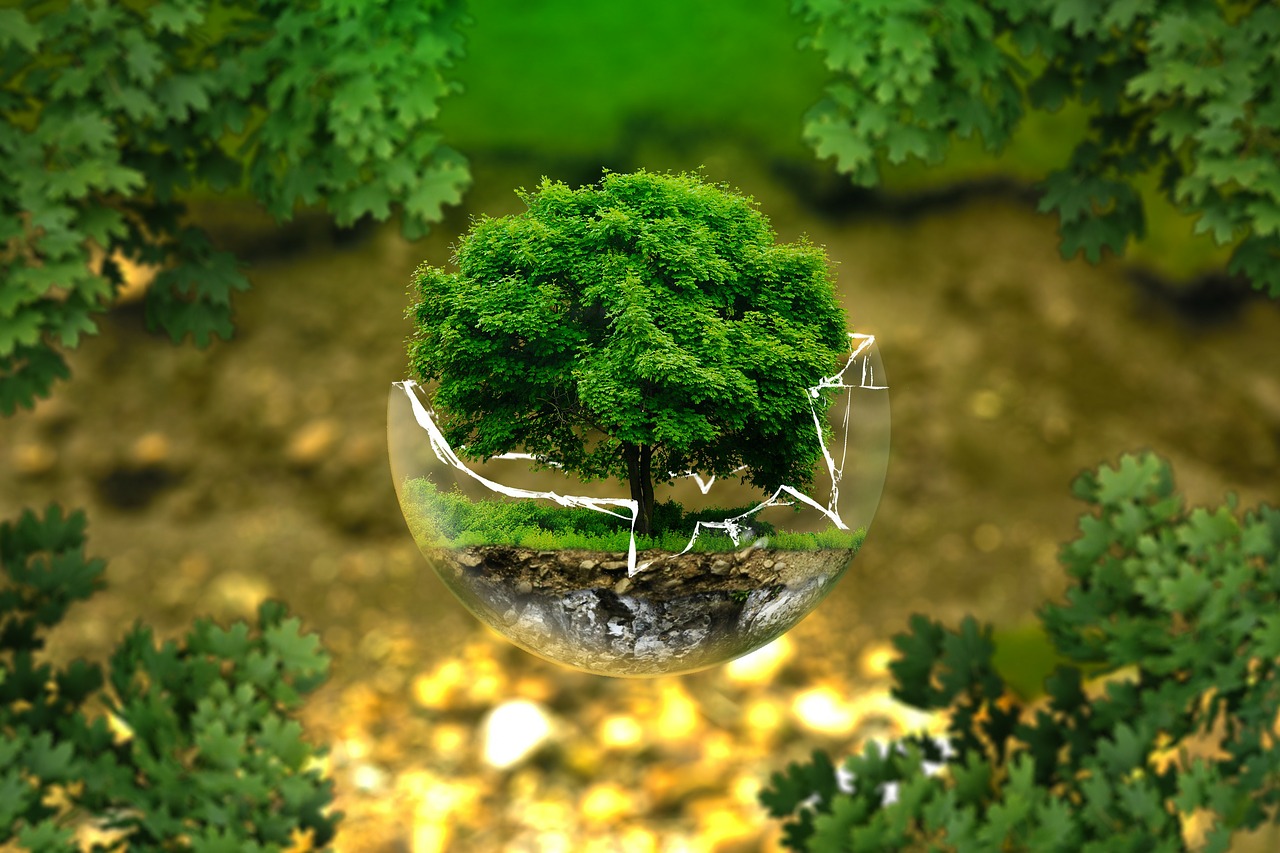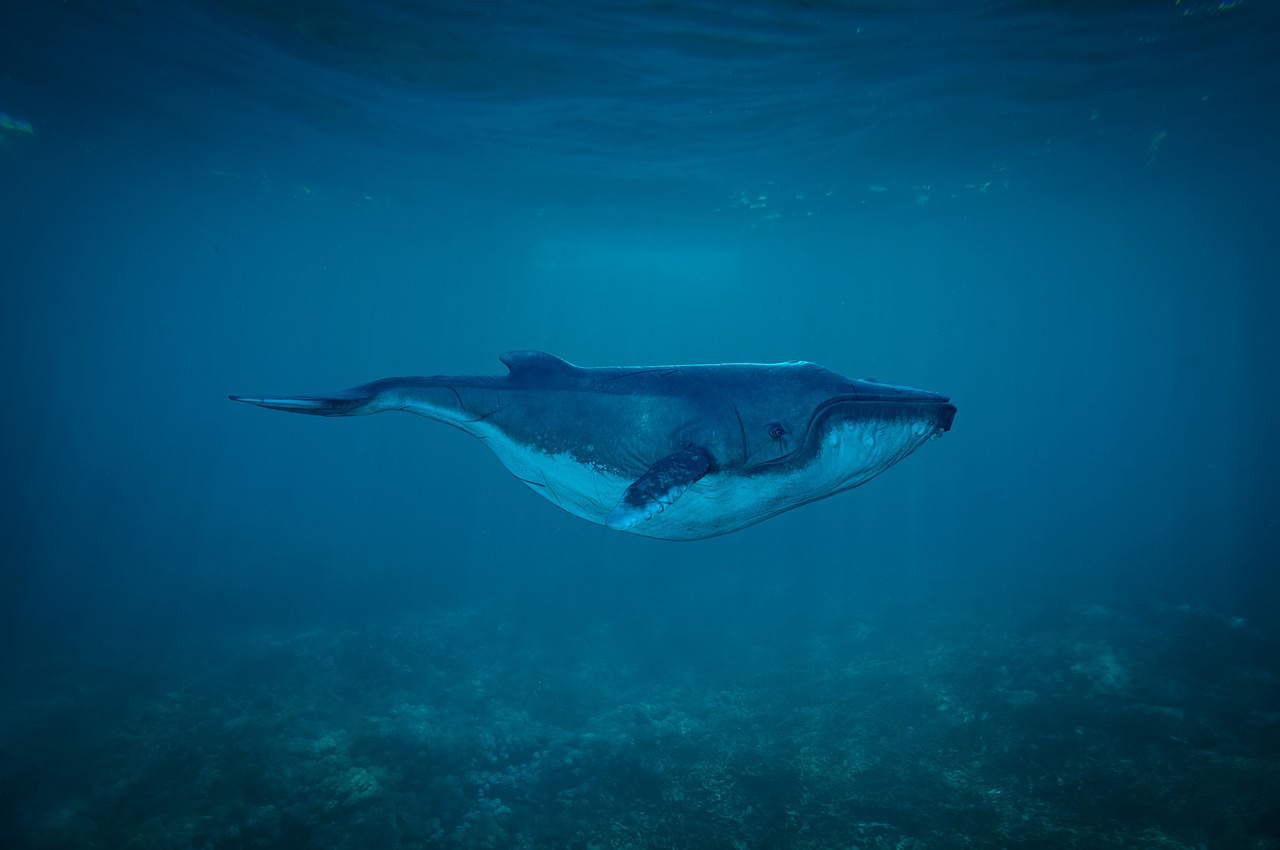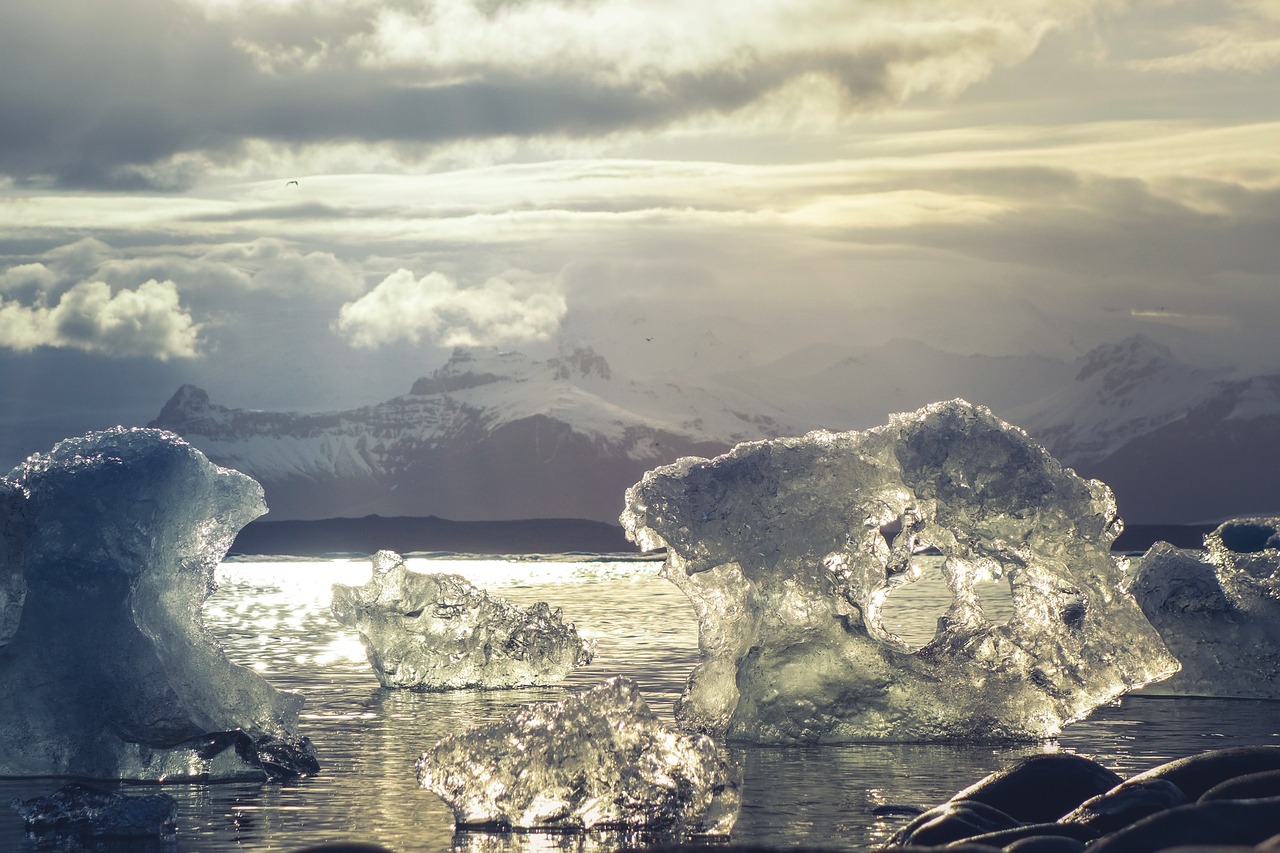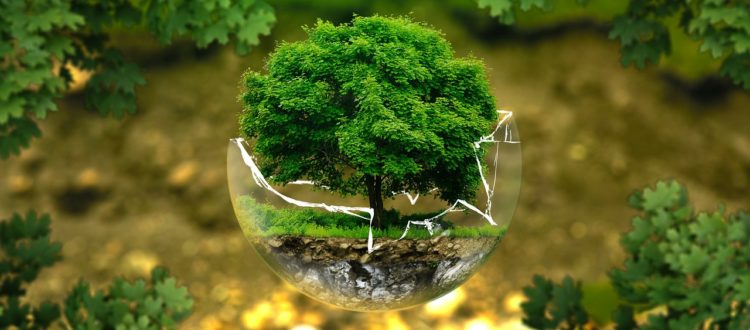A dark period for the Planet… but not only !
Desertification, depletion of the Earth’s natural resources, climate change, biodiversity in danger… The statement made by environmental associations and NGOs (including the OMPE) is severe but very real. It has been a long time since humans entered a black period in environmental matters . We see this every day and the articles in our blog are a reflection of these issues for which OMPE has been fighting since 2013. However, everything is not all black and white. Adoption of new animal protection measures, reforestation, renewable energies… Man sometimes manages to act and not look elsewhere while the house burns !

Animal preservation measures begin to bear fruit
Mantell Kiwi and Okarito Kiwi are bird species native to New Zealand that have seen their population melt like snow in the sun. The Kiwi of Mantell, in particular, has lost nearly 90% of its population since the beginning of the XXth century ! The rescue of these two species began in 1995 through the collection and rearing of kiwis gradually reintroduced into their natural environment. The result was a repopulation of several parts of New Zealand where the kiwis had disappeared. Today, the numbers of the species are encouraging : the Kiwi population of Mantell increases by about 2% each year .
But the Kiwis are not the only ones to have been the subject of protective measures that ended up paying. The gray whale population, for example, now numbers 23,000, the vast majority of which had disappeared as a result of whaling and the oil industry. The whales seem to be gaining momentum : the Western Gray Whale population is increasing by 3 to 4% a year.

Other figures are encouraging:
- + 52,000 individuals for the Steller Sea Lion between 1979 and today ;
- 20,000 individuals of white rhinoceros while this species had almost disappeared from southern Africa ;
- 1600 individuals of golden lions tamarins today against less than 300 early 1970s.
The pace of deforestation is decreasing globally
Even if we are far from reaching satisfactory figures to avoid damaging the environment, the rate of deforestation seems to be decreasing. According to a study by FAO (Food and Agriculture Organization of the United Nations), the pace has slowed by more than 50% between 1990 and 2015. A slight improvement but there is still much to be accomplished… This observed evolution positive is accompanied by reforestation measures around the world. Since 1990, 110 million hectares of forest have been planted. In January 2018, China announced the planting of 6.66 million hectares of forest in 2018 to deal with air pollution, advanced industrialization and urbanization.
Better protected poles
The Antarctic continent is protected by the Madrid Protocol, signed in 1991. Thus, it is considered a “natural reserve dedicated to peace and science” where is prohibited for 50 years any activity related to mineral resources. In 2016, an agreement came to protect a little more Antarctic by delimiting more than 1.5 million km², constituted of protected marine reserves. The Arctic Ocean, meanwhile, is protected for 16 years of industrial fishing since 2017. An agreement that should be renewed automatically every 5 years.




